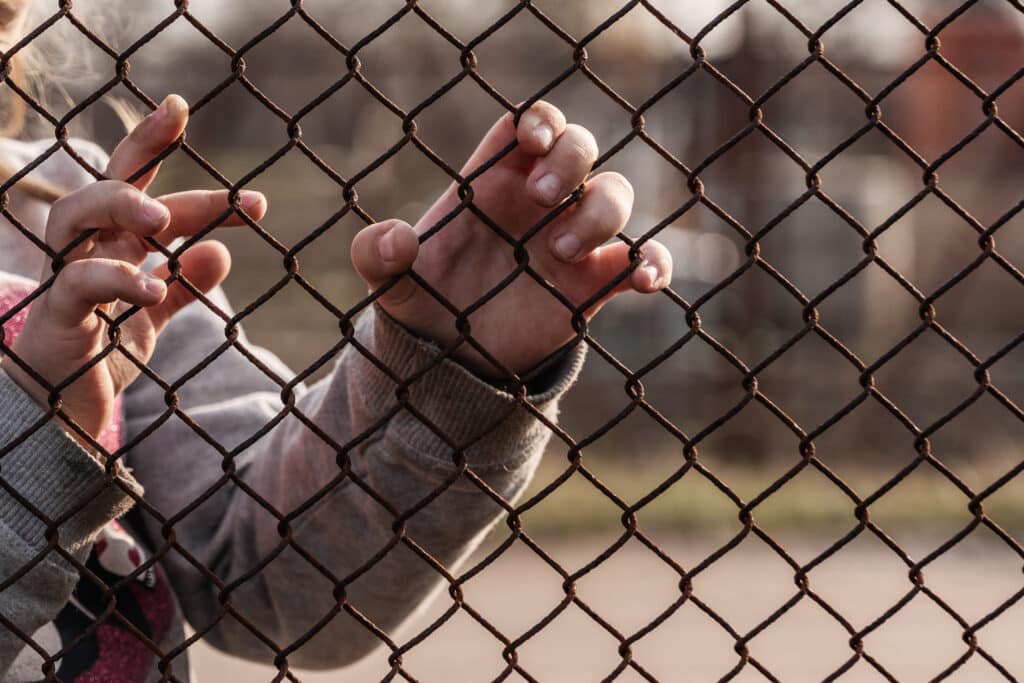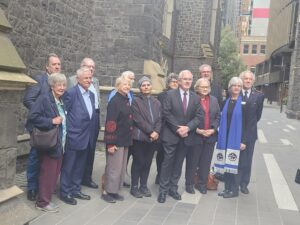
Jenan Taylor
9 May 2024
Queenslanders are unlikely to be safer under a new state government plan to increase its ability to detain youths in custody, faith leaders say.
Christian organisation Common Grace and Brisbane’s Archbishop Jeremy Greaves fear Queensland’s plan will lead to more youths reoffending and becoming entrenched in the criminal system instead.
The government wants to redraft a United Nations child rights convention principle that stipulates that detention for children should be a last resort.
The redraft will read: “A child should be detained in custody, where necessary, including to ensure community safety, where other non-custodial measures of prevention and intervention would not be sufficient, and for no longer than necessary to meet the purpose of detention.”
Common Grace said under the proposal more children would be detained in overcrowded adult watch houses as there were no watch houses for young people.
Read more: Prison could be revolving door for children under new Queensland law: Indigenous bishop
Indigenous justice coordinator Bianca Manning said ultimately the community would be less safe because the children who were members of the community themselves, were less safe.
Ms Manning said children as young as 10 would be placed next to adults in cells designed for short-term stays for weeks, perhaps months.
She said whatever trauma the youths already carried would be compounded there.
Ms Manning said detainees were more likely to be Indigenous children because they were disproportionately represented in the justice system.
She said they had high rates of mental health and intellectual disability issues often stemming from domestic violence and child protection system experiences, and the effects of colonisation.
Ms Manning said it was important to not diminish the experiences of crime victims, but the Queensland government’s actions went against trauma science and contravened children’s rights.
“These kids are an important part of the community. Their safety matters, their rehabilitation matters and their healing matters,” Ms Manning said.
Bishop Greaves said if the amendment became law it would add to the intergenerational trauma of the Stolen Generations and further alienate Indigenous children from their families.
Read more: UN torture watchdog calls Australia’s migrant detention ‘inhumane’
The archbishop said it would also set back any gains in Reconciliation efforts in Queensland.
He said if the Queensland government and opposition genuinely wanted to make communities safer, they needed to address the question of why youth offended in the first place.
“Their response should be to prioritise diverting children from the criminal justice system because the evidence shows that the younger children are when they first engage the justice system, the more likely they will be to reoffend,” Bishop Greaves said.
He said he wanted to see the government and opposition pursue evidence-based youth justice reform programs.
Bishop Greaves said some programs had impressive results, and featured Indigenous leaders and communities designing and managing responses to youth crime within their communities.
He said these included addressing school non-attendance through increased resourcing and support aimed at keeping children engaged at school to prevent problems before they emerged.
Queensland Premier Steven Miles said in a statement that while prevention and intervention were essential, there were cases where detention was necessary for community safety.
For more faith news, follow The Melbourne Anglican on Facebook, Instagram, or subscribe to our weekly emails.







